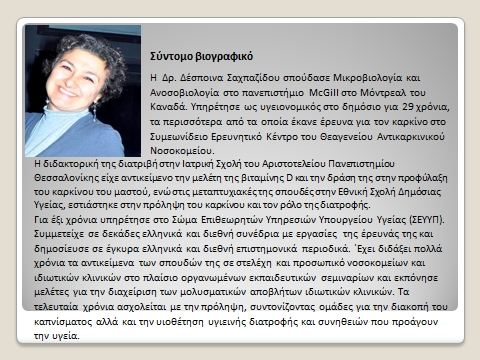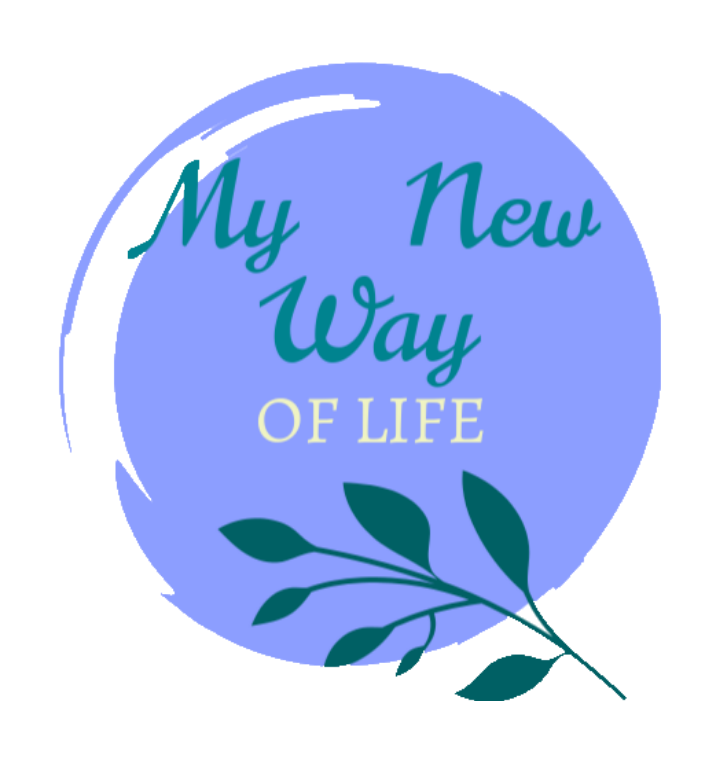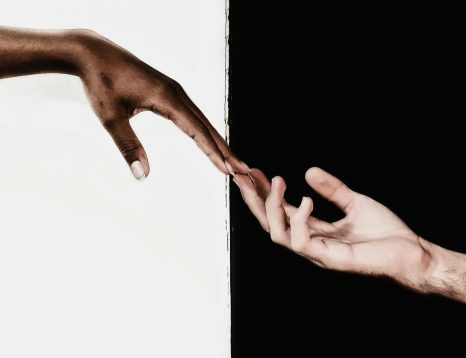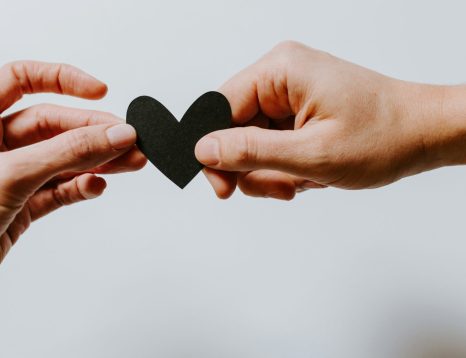
Yes, for the last 14 years I have been involved in smoking cessation. First as a beneficiary because I also smoked and quit in a group and then as a group coordinator. At the time I was working at the Symeonideio Research Center of Theagenio Cancer Hospital, I was doing research on cancer and I began to see that there is a big gap in prevention, which is the basis of treating any disease.
What educational background do you have to support this action? What is your position in smoking cessation groups?
First of all, my main studies were in Microbiology and Immunobiology and before I got involved in prevention I worked on cancer research. There I became interested in prevention and my doctoral thesis focused on the function of the vitamin D in the prevention of breast cancer in women with a genetic background. After my own liberation from cigarettes in a program developed by Ms. Kyriaki Papadimitriou, at the Theageneio Prevention Center, I became more interested in prevention. So I did a master's degree in Public Health and later I was trained by Ms. Papadimitriou in the coordination of smoking cessation groups. Theageneio at that time had the scientific responsibility of a large NSRF program with the Municipality of Pavlos Melas and there I coordinated two groups with other colleagues. The program was evaluated by a third party and the results were excellent.
How and when was the first group created?
After retiring from the public system, I began offering free group coordination in collaboration with various organizations and then privately in a space in the city center that hosts us.
What is the goal in groups?
It is for smokers to understand their relationship with cigarettes, what it offers them, how they started smoking, what influences they had, the role of advertising and cigarette culture, to clarify the reasons they want to quit and to strengthen these reasons. In addition, they are taught experientially life skills that are useful anyway. If someone decides to quit, we provide assistance so that they can manage difficult times and cope successfully.
Who can participate?
Anyone who wants to quit smoking, anyone who is thinking about quitting but doesn't know how to do it, even someone who has quit but isn't too sure they'll keep it up.
Are there any requirements for members?
Only the person themselves must want to deal with quitting smoking.
For this reason, he takes a motivation test to see the degree of his commitment and a dependency test.
What is the registration process and schedule?
He expresses his willingness to participate by giving his phone number and we notify him to take the tests when the group is formed. At least 8 people are needed for the group to function properly. There is also a cost that is paid to the space that hosts us at the beginning of the program. Information can be given by phone.
The program lasts 20 weeks, groups meet once a week and last approximately two hours (40 hours in total).
Does it work? (success rate)
Yes, as I told you, the effectiveness was measured by an independent body within the framework of the National Strategic Reference Framework (Palmos Analysis Ltd.). I quote you verbatim a paragraph of the conclusions: "it turns out that through the groups, which they consider important (55%), they had the opportunity to approach their problem consciously and to try, with psychological support, to quit smoking. Thus, a percentage of 91% would recommend such efforts, while a percentage of 100% finds their need to discuss with other members of the group seeking psychological and emotional support. In fact, a percentage of 82% would participate in such actions in the future."
My own statistics are not far from these. And even better, in groups where we do not have absenteeism, the interruption reaches 100% of the members. It is a common phenomenon that the people who attended the group cut it afterwards, using the skills and tools they were taught during the sessions.
Can't someone cut it on their own? So is help necessary?
Of course, there may be thousands of people who have done it! Statistics show that only 5 out of 100 have managed to do it on their own. Smoking is an addiction and this is where the difficulty comes from. So why shouldn't someone take advantage of the help that is available? Moreover, in the groups we prepare the smoker to deal with relapse, it is known that this percentage is large, so that he can quit once and for all. He cannot even predict this on his own, let alone be prepared to deal with the possibility.
When are registrations held?
We usually start calling for entries in August. The teams are formed towards the end of September and the second round in January.
Where can we find you?
On the phone, the email, and in Social media.
Tel.. 6974 103 896
Email: [email protected]
Facebook/messenger: Despina Sqahpazidou (Miss Sahpazidou) & I DO NOT SMOKE-the capnizo
Instagram: I DON'T SMOKE, I DON'T VAPE, I BREATHE
Tick Toc: I DON'T SMOKE, I DON'T VAPE, I BREATHE











